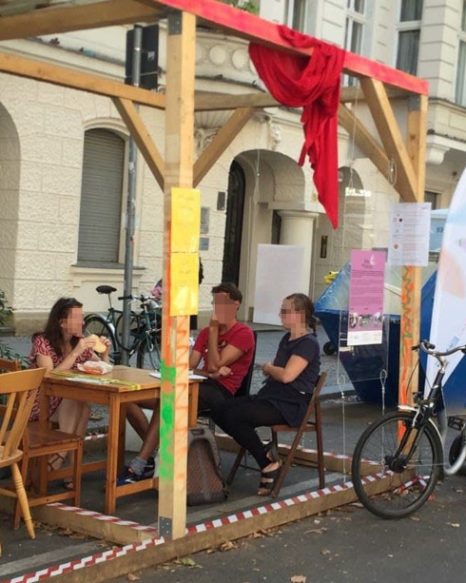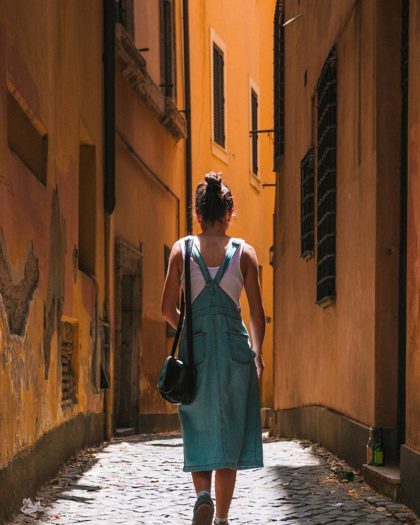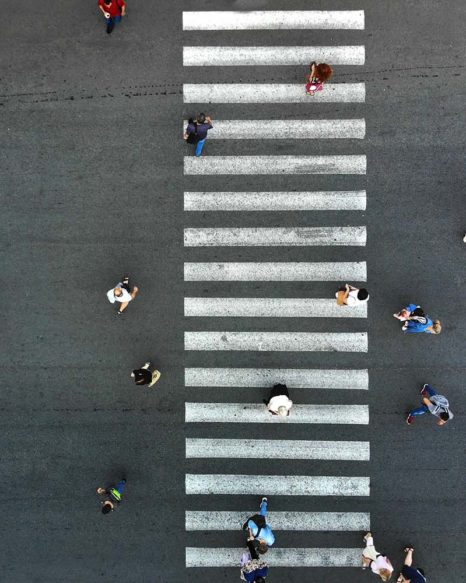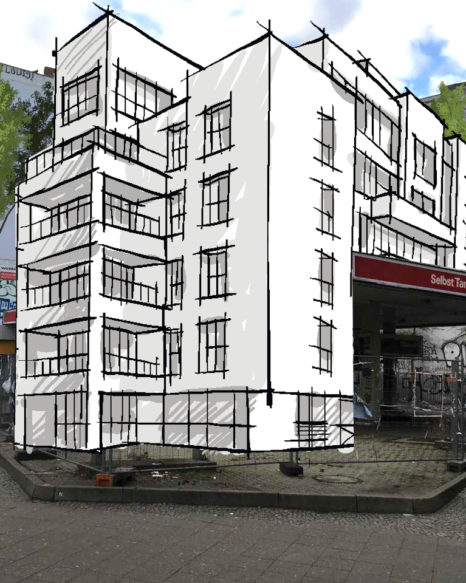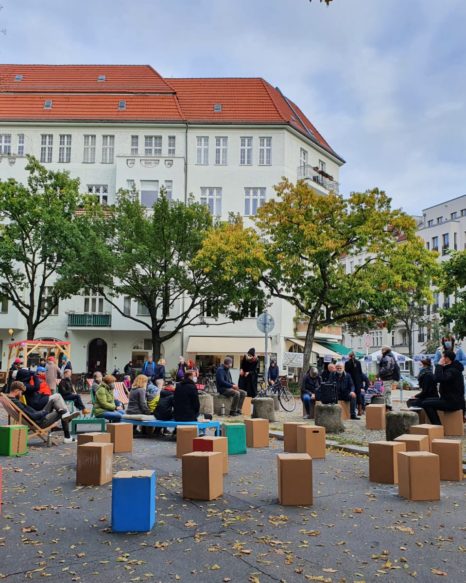July 3, 2024: EXPERI conference “Traffic turnaround: Redesigning urban space"
The interdisciplinary junior research group EXPERI invited stakeholders from research, administration, urban and mobility planning, civil society and business to present their recommendations for action. Successfully implementing the transport transition also means rethinking and redistributing the scarce resource of public space. We therefore presented Recommendations for action for (political) decision-makers We were pleased to be able to present and discuss with you our ideas on the topics of space allocation and redesign.
When: Wednesday, 03.07.2024 | 09:00 - 17:30
Where: Coworking Space EINS of the Technical University of Berlin, Ernst-Reuter-Platz 1, 10587 Berlin
Programme:
Moderation:
09:00
Registration | Arrival
09:30
Opening
Introduction to the Program
Prof. Dr Sophia Becker, Project Leader EXPERI
09:45
Keynote: Social science mobility research and the challenges of a mobility transition
Prof. Dr. Katharina ManderscheidUniversity of Hamburg | Department of Socioeconomics | Chair of Sociology, especially Lifestyle and Sustainability
10:15
10:45
11:00
Lectures:
Actors and Acceptance
for the traffic turnaround
- Prof. Dr Sophia Becker: What role does acceptance play in the implementation of transport policy measures and how does it change over time? (pdf)
- Katharina Götting: From parking lot to public square: What influences the acceptance of land redistribution? (pdf)
Room 2: Workshop: Perception, language, sensitization (11:00 - 12:30)
The influence of police reports on cyclist fatalities on the discourse in Berlin (2016 - 2021)
Marlene Sattler
11:30
Panel discussion:
Actors and Acceptance
for the traffic turnaround
- Prof. Dr Sophia Becker
- Katharina Götting
- Dr. Stefan Lehmkühler, Changing Cities e.V.
- Dr. Jasmin Rychlik, ADAC Berlin-Brandenburg e.V.
- Oliver Schruoffeneger, District Councillor for Urban Development, Construction and the Environment in Charlottenburg-Wilmersdorf
As part of the symposium, a workshop was offered on the perception of police reports on cyclist fatalities. The main aim was to sensitize participants to the language used and to draw attention to discursive mechanisms. The focus was on the question of the responsibility of the cyclists and motorists involved in the fatal collision. In addition to a brief input on the Dissertation project by Marlene Sattler was followed by a lively exchange between the participants, including representatives from the police, civil society and research.
12:30
Lunch break with snack | Market of opportunities
- EXPERI-Praxispartner
- Collection of ideas “Impulses for the urban traffic turnaround”: Poster Walk
- Center for Research on Environmental Decisions in Berlin (CREDiBl)
- Estimate CO2 footprint
- Effective communication of climate policy
- Bridging the gap between attitudes & behavior
- Climate Change Center & CCC-Projekte
- Traffic Accident Prevention Department of the Berlin Police
13:30
Lectures:
Redesigning the urban space - space potential for housing and active mobility
- Dr Julia Jarass: More space for active mobility - experiences from Berlin, Athens and Paris (pdf)
- Alexander Czeh: The potential of the transport transition for the housing market
14:00
Panel discussion:
From car space consumption to alternative use using the example of experimental rooms and living space
- Martin Burth, Kiezbündnis Klausenerplatz e.V.
- Alexander Czeh
- Dr. Silke Domasch, Reallabor Radbahn Berlin
- Dr Julia Jarass
- Roland Stimpel, Fuss e.V.
- Dr. Lea Wisken, Head of the Mobility and Cycling Department at MIL Brandenburg
Room 2: Workshop: Participation in the municipal transport transition: Between importance and challenges (14:00 - 15:00)
Anke Kläver
The workshop focused on understanding the importance of participatory planning in the local transportation transition. The individual and institutional challenges of participation on the part of civil society and the administration, which make genuine participation and participatory planning processes difficult, were elaborated. The subsequent discussion centered on what needs to happen to improve the processes and contribute to a just local transport transition. The discussion focused on whose voices should be heard, which formats are suitable, which spaces should be visited and what commissioning parties should consider.
15:00 -
15:30
Conclusion & outlook
Dr Julia Jarass
16:00 -
17:30
Regulars' table on the transport transition
Moderation: Caro Stoeckermann
- Transfer team TU Berlin
- Climate Change Center Berlin-Brandenburg
- Julian Horn: Selten gehörte und stark betroffene Perspektiven in der Verkehrswende am Beispiel des Berliner Graefekiezes
Geführter Rundgang zur Architektur und Nachhaltigkeit des Campus der TU Berlin
Dr. Hans-Dieter NägelkeDirector of the Architecture Museum of the TU Berlin


























